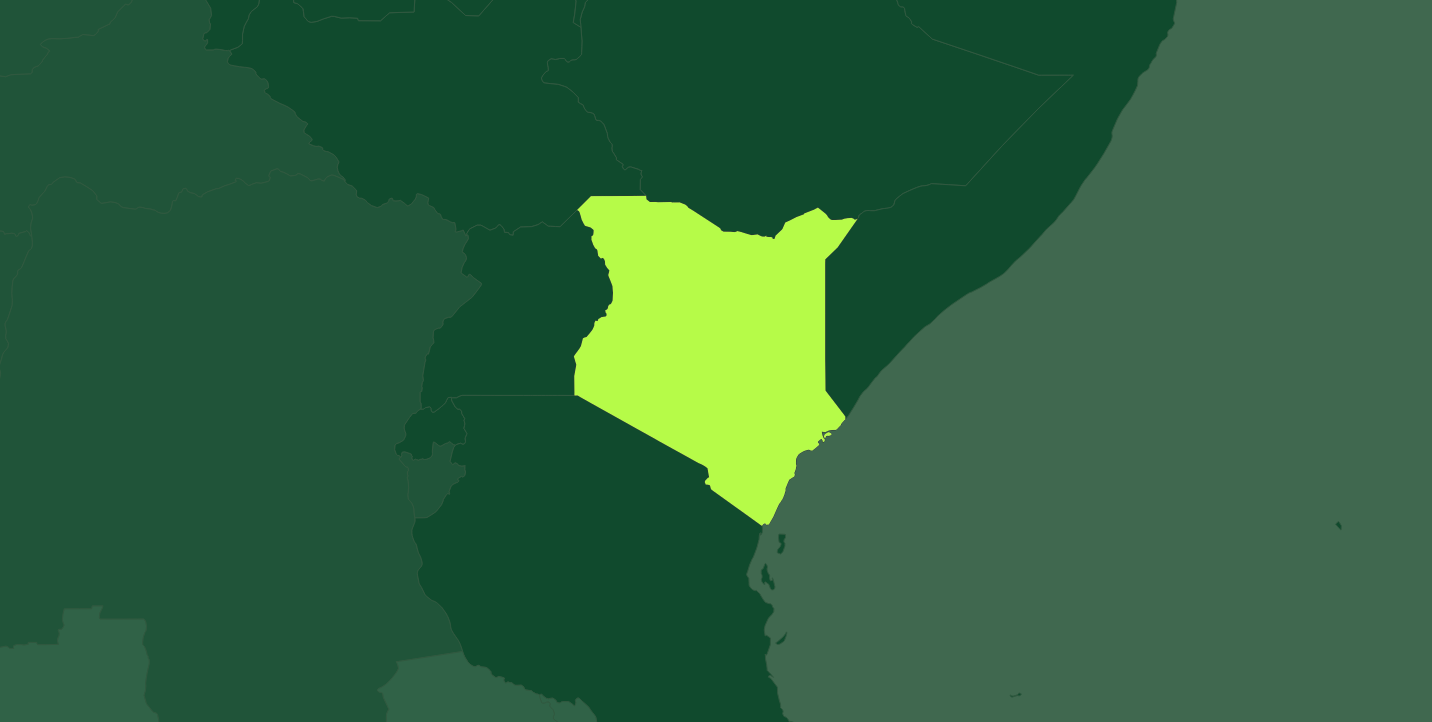Statement on the Human Rights Situation of Endorois of Kenya
36th Session of the African Commission on Human and Peoples Rights
Honourable Members of the Commission,
The Endorois Community are most grateful for the leadership shown by the African Commission in granting provisional measures under Rule 111(3) in the course of the 35th Session in Banjul. As the Honourable Commission will recall, the purpose of these measures is to prevent irreparable damage being caused to the Community’s traditional land pending the outcome of the present communication. Specifically, the Commission urged the Government of Kenya to ensure that no further issuance of mining concessions or transfers of parts of the land occured.
It is nonetheless with deep concern that we inform you that the situation in the Lake Bogoria region has deteriorated. In early November 2004, the District Commissioner of the Lake Bogoria area summoned the Community in order to convince them of the benefits of the mining project, and to seek their approval to go forth with the mining activities. The Community, under the leadership of Endorois Welfare Council Chairperson Mr Charles Kamuren, unanimously rejected the proposal.
Two days after the meeting, mining equipment arrived at the location bordering Lake Bogoria. Upon seeing the arrival of the equipment, the Endorois gathered to block the road in protest. Police forces were sent to the scene and some Community members were arrested.
In the week following the arrests, Charles Kamuren received a letter requiring his resignation as head teacher of a state school in his local area, and that he leave the school premises within 24 hours. The letter stated that he would be redeployed to another area, but thus far it has not been specified where. Mr. Kamuren is extremely concerned that he will ultimately simply be dismissed from his employment and remains in a state of high economic insecurity.
Exact dates of these occurrences, as well as police records of the arrests will be forwarded to the Commission as soon as possible. However, in light of the fact that these events constitute a violation of the provisional measures communicated by the Honourable Commission to His Excellency Mwai Kibaki, President of the Republic of Kenya, on 1 June 2004, the Community deems it of the utmost importance to inform the Commission of these events with all due haste.
Moreover, and in addition to the graveness of the breach of provisional measures, the Community observes that the actions of the Government of Kenya constitute further evidence of continuing violations of Article 22 of the African Charter (“all peoples shall have the right to their economic; social and cultural development with due regard to their freedom and identity…”).
It is clear from international standards that the impact of projects on the traditional land or culture of communities constitutes a gross violation of the right to development where such projects occur without the prior, informed consent of communities[1]. Prior informed consent requires that communities are provided with full information regarding the purpose and nature of the activities and probable results, including all reasonably foreseeable risks to the affected community. Consent involves consultation about and meaningful participation in all aspects of a project. As a result communities may not be coerced, pressured or intimidated in their choices of development[2].
The approach taken by the Government of Kenya to continued mining operations in the Lake Bogoria region fails to meet such international standards, being integral to the right to development as protected by Article 22 of the African Charter. The respondent State has neither sought the consent of the Endorois Community to the mining project sufficiently far in advance (mining equipment arrived at Lake Bogoria a mere 2 days later), nor given serious consideration to the views of the Community in an open and meaningful participation process. Moreover, the commencement of the mining project itself proceeds in violation of the Community’s property rights subsisting in their traditional lands as protected by Article 14 of the Charter, making the requirement for prior, informed consent all the greater.
The Community are, understandably, concerned that the development process proscribed by international law has been replaced with coercion and pressure, in the form of arrests and intimidation of the Endorois people.
The Endorois Community requests that this Honourable Commission take effective action to ensure that the provisional measures issued by Ambassador Salamata Sawadogo are adhered to by the Government of Kenya pending the outcome of the present communication. The Community is hopeful that this matter could be appropriately raised in the context of the forthcoming visit of the Honourable Commission’s visit to Kenya under the mandate of the Special Rapporteur on Indigenous Populations and Communities in early 2005.
Yours sincerely,
Cynthia Morel
Legal Cases Officer
Minority Rights Group International
(On behalf of the Endorois Community)
Notes
1 UN Sub-Commission on the Promotion and Protection of Human Rights, Review of developments pertaining to the promotion and protection of human rights and fundamental freedoms of indigenous peoples. UN Doc. E/CN.4/Sub.2/AC.4/2001/2
2 UN Sub-Commission on the Promotion and Protection of Human Rights, Working Group on Indigenous Populations, Preliminary working paper on the principle of free, prior and informed consent in relation to development affecting land and natural resources. UN Doc. E/CN.4/Sub.2/AC.4/2004/4
